
If you’ve spent any time around United Way of Asheville and Buncombe County, you’ve probably heard us talk about Community Schools. That’s because we believe in their power—each one is a hyper-local hub where academic support, family engagement, and community connection come together to expand youth opportunities.
At the heart of this work are our Community School Coordinators. These dedicated UWABC staff spend four days a week embedded in their schools, supporting students, families, and staff with everything from immediate needs to long-term projects. They are trusted connectors—linking the vast UWABC network of local nonprofits, donors, and volunteers directly to the school communities that need them most.
This past year, our Community Schools—like so many across Buncombe County—faced ongoing challenges in the wake of Hurricane Helene. From trauma and displacement to the strain of long-term recovery, schools have had to adapt quickly to support students academically, emotionally, and physically. Through it all, our Coordinators remained steady anchors, helping each school navigate not only crisis response but also daily needs, big dreams, and small victories.
Each year, our Coordinators gather feedback from students, families, and school staff through interviews and end-of-year surveys. What follows is a snapshot of what they heard this year across our nine Community Schools—an honest look at their strengths and assets, as well as their challenges and needs. These insights remind us where we’re succeeding—and where our community partners are needed most.
Shared Strengths Across Our Community Schools
Strong Community Partnerships and Engagement
Each of our nine Community Schools benefits from meaningful relationships with community organizations, neighbors, and trusted local leaders. These partnerships bring valuable services, resources, and mentorships directly into schools.
- Asheville Middle partners with a wide range of youth-serving organizations, such as Asheville Writers in the Schools and the Literacy Council, fostering a culture of creative learning and support.
- Erwin Middle is known for its welcoming environment, with strong parental involvement and consistent community collaboration at school events.
- Enka Middle leverages relationships with local churches and nonprofits to meet basic needs and support enrichment programs.
- Hall Fletcher Elementary shows a model of school-based staff deeply embedded in their local community networks. Teachers are involved in neighborhood events and initiatives, making the school a trusted community hub.
- North Buncombe Middle benefits from strong collaboration with local partners like Journeymen and Big Brothers Big Sisters. Its PTO is active and works closely with the community to meet emerging needs.
- A.C. Reynolds Middle maintains strong ties with community organizations and values long-standing relationships with families and partners that support events and academic programming.
- Owen Middle leans into its multi-generational community ties and maintains long-standing partnerships with local colleges, faith groups, and businesses. These relationships have provided vital after-school programming and community visibility.
- Enka Intermediate is deeply connected to church and nonprofit partners, including key support from local congregations. Community organizations often contribute resources for events and basic needs.
- Asheville High/SILSA has cultivated enduring relationships with trusted organizations like the YWCA, My Daddy Taught Me That, Umoja, and Green Opportunities, which help build student leadership, life skills, and identity.
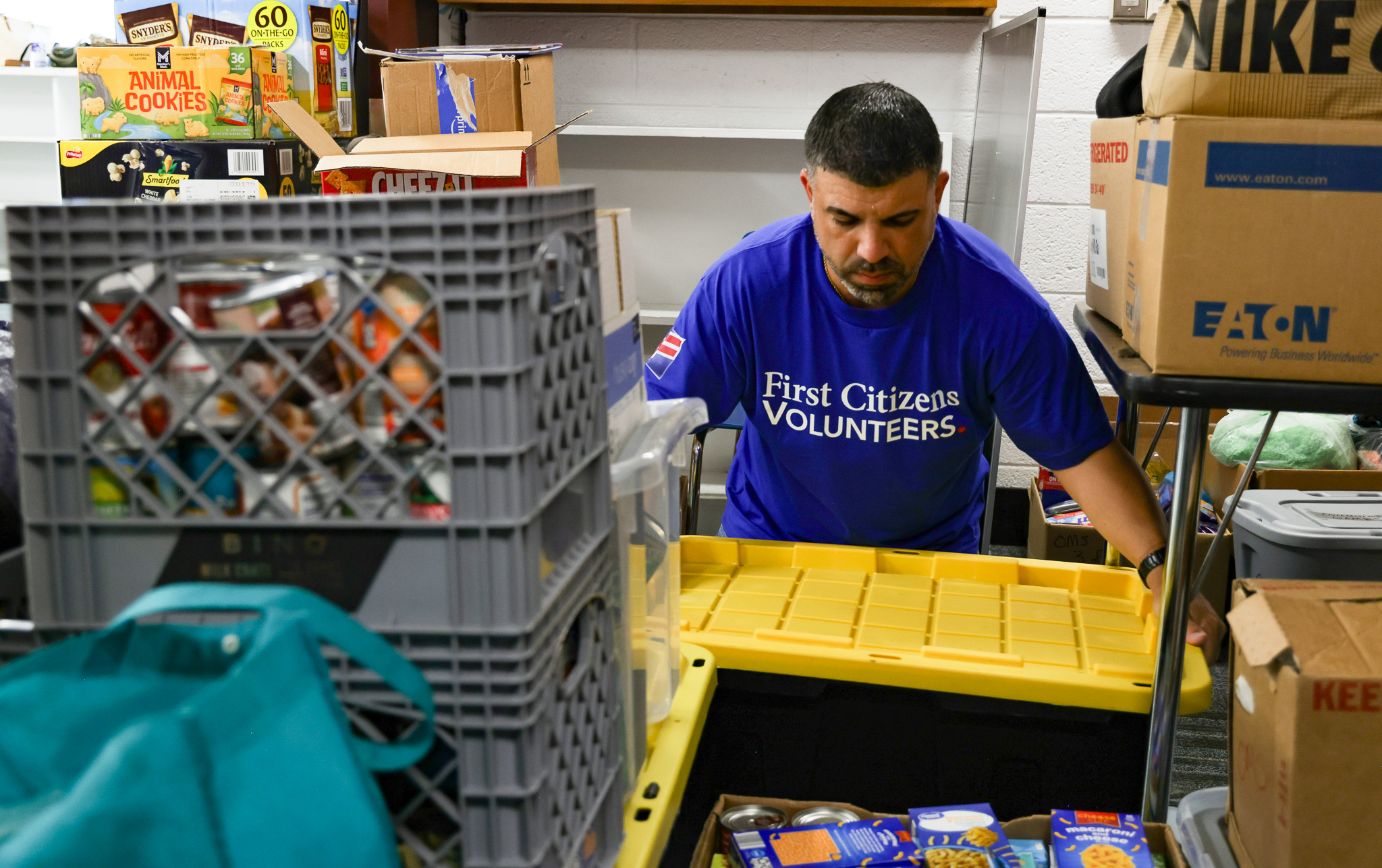
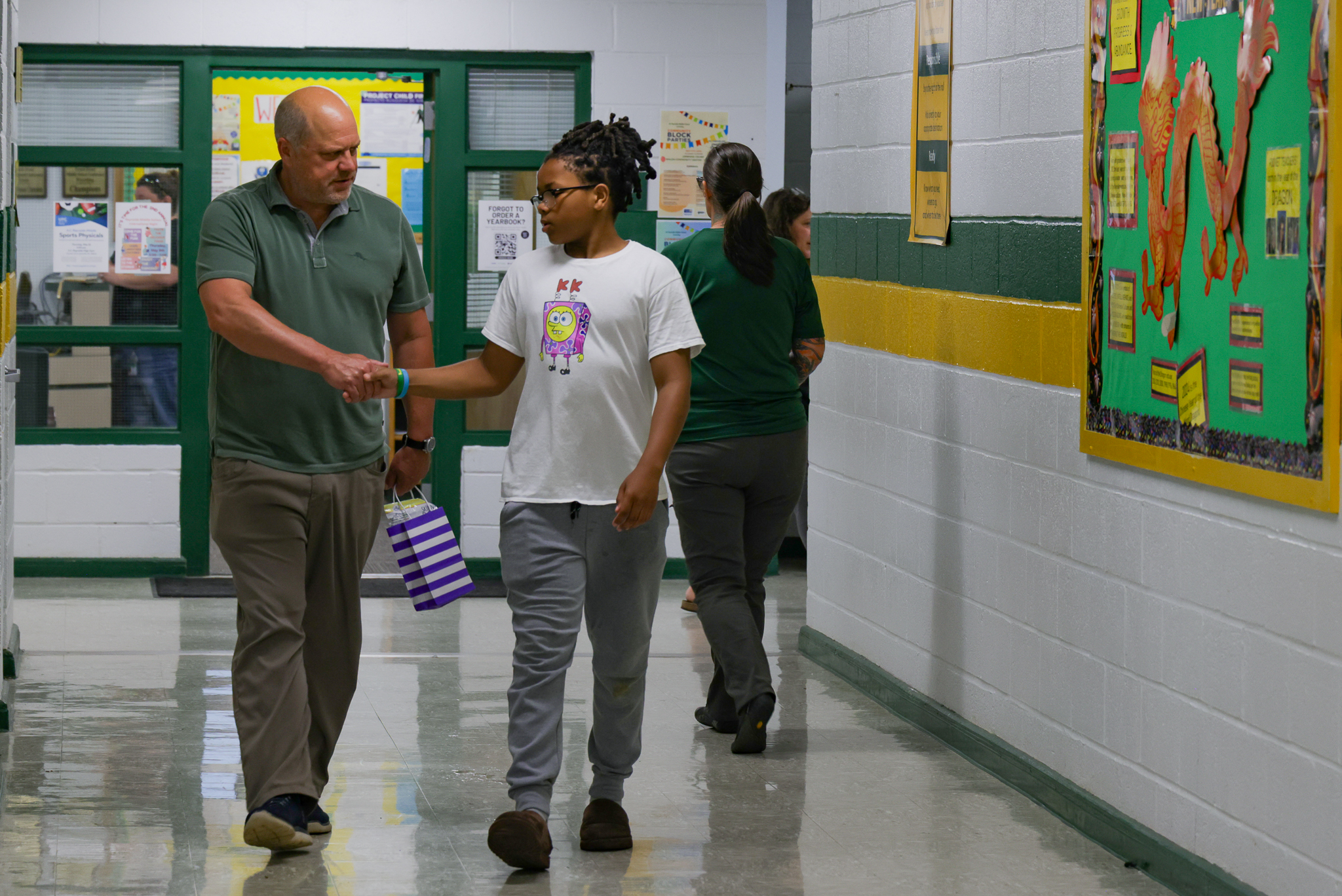
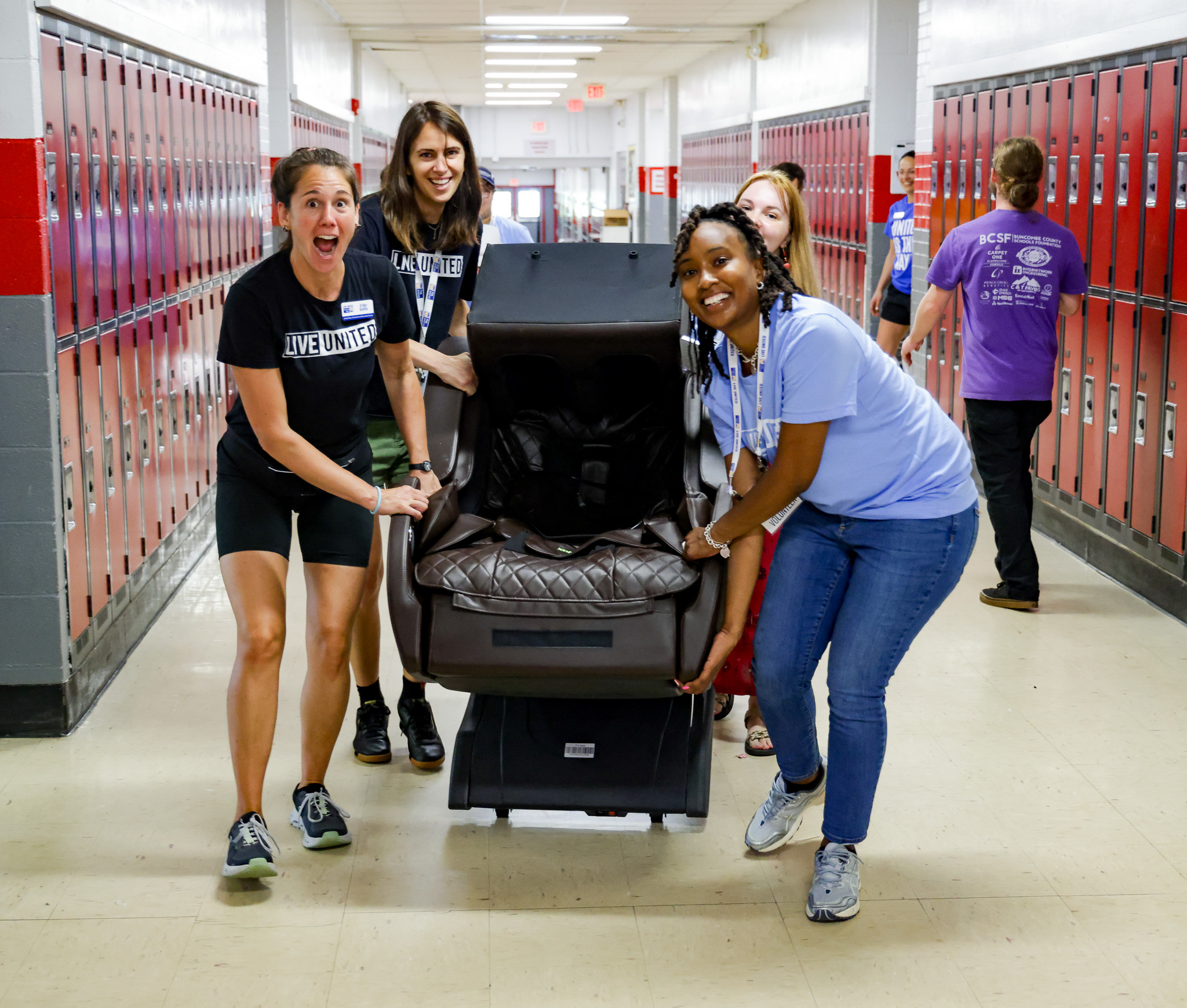
Enrichment Opportunities Through After School and Expanded Learning
Students across Buncombe County benefit from robust after-school programs, tutoring, and summer opportunities that extend learning beyond the classroom and help build identity, social connection, and confidence.
- A.C. Reynolds Middle provided high-quality tutoring, EOG bootcamps, and Friday enrichment clubs focused on creativity and student interest. These programs addressed both academic and social-emotional development.
- Asheville Middle ran diverse after-school programs through partnerships that included arts, identity groups, and academic support, with high student participation.
- Asheville High/SILSA expanded leadership and peer connection through programs like Peer Group Connection and mentoring initiatives, creating opportunities for growth outside the classroom.
- Enka Middle offered a strong after-school club culture, with tutoring and enrichment activities well-attended and rooted in student interests.
- Enka Intermediate integrated seasonal events, behavior support programs, and access to clubs that reflect student and family interests, enhancing school connection.
- Hall Fletcher Elementary provided academic coaching, after-school support through the Forte program, and a popular STEAM curriculum that encouraged creativity and innovation.
- Owen Middle engaged over 200 students in student-led after-school clubs, offering activities ranging from cultural exploration to academic competition. Transportation and teacher stipends ensured equitable access.
- Erwin Middle offered more than 12 clubs, including robotics and cultural identity groups, with strong leadership from both staff and caregivers. Tutoring and social-emotional programs also enhanced student engagement.
- North Buncombe Middle offered before- and after-school tutoring in all subjects, plus a variety of clubs including Battle of the Books and BETA Club, all supporting academic and social growth
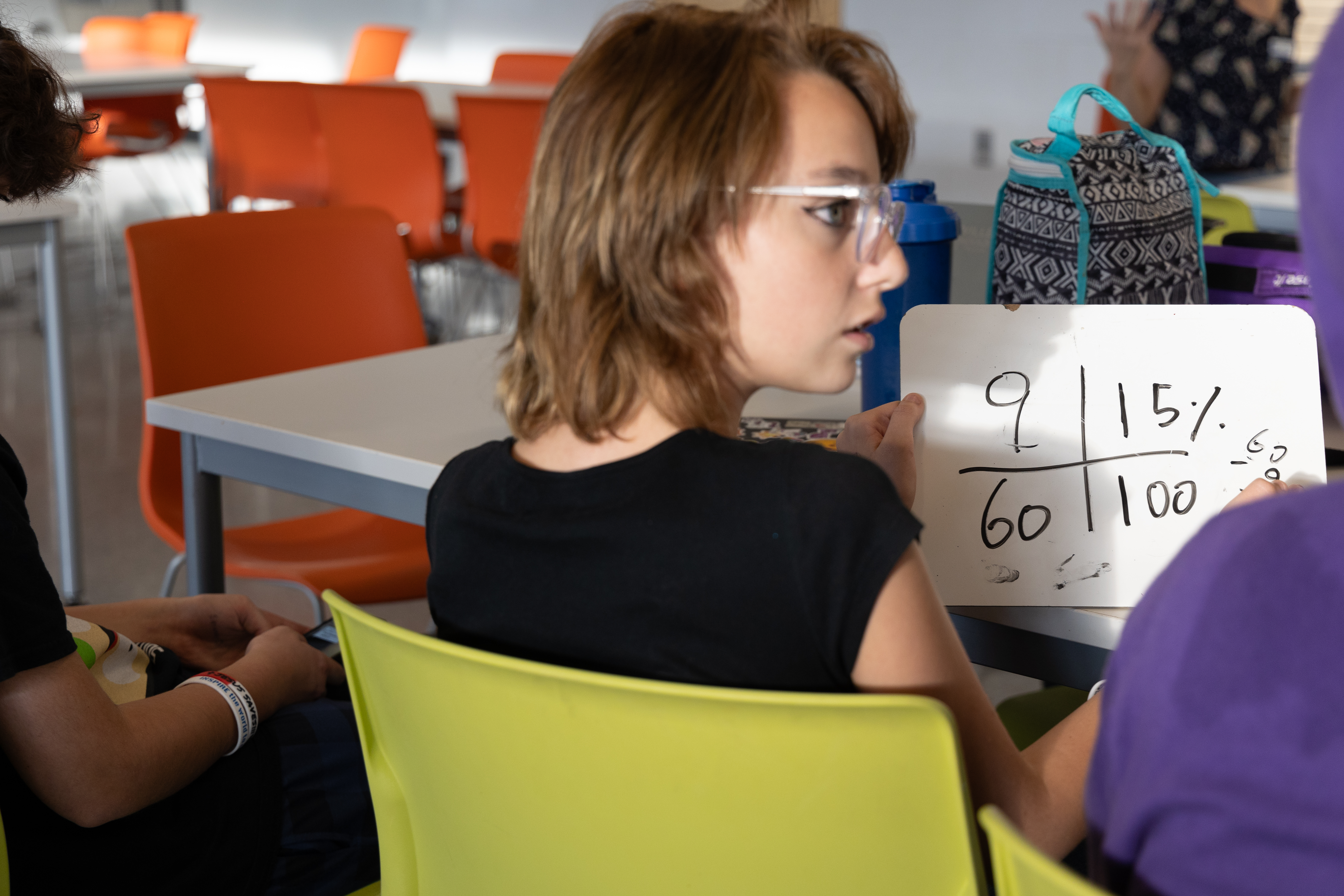
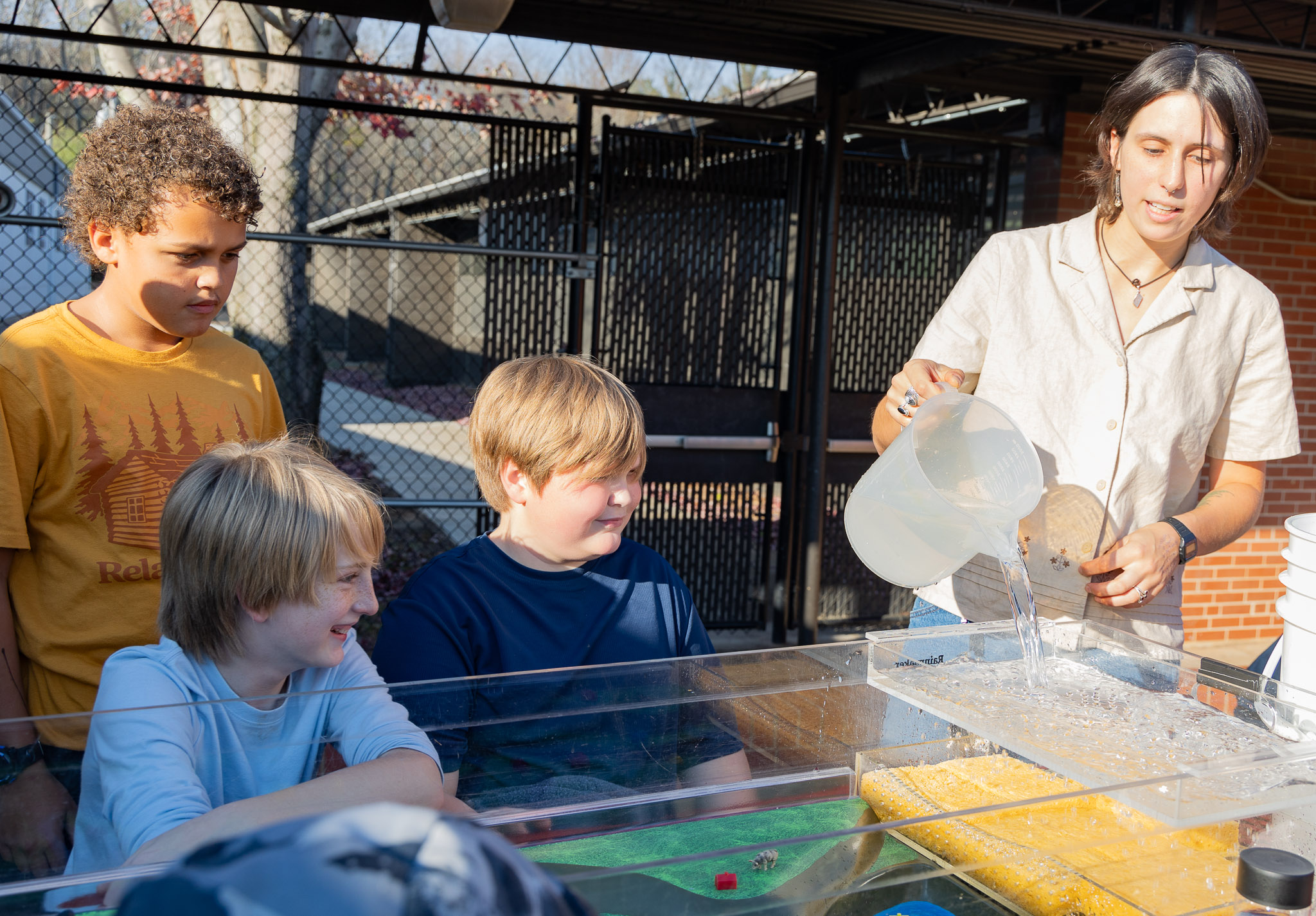
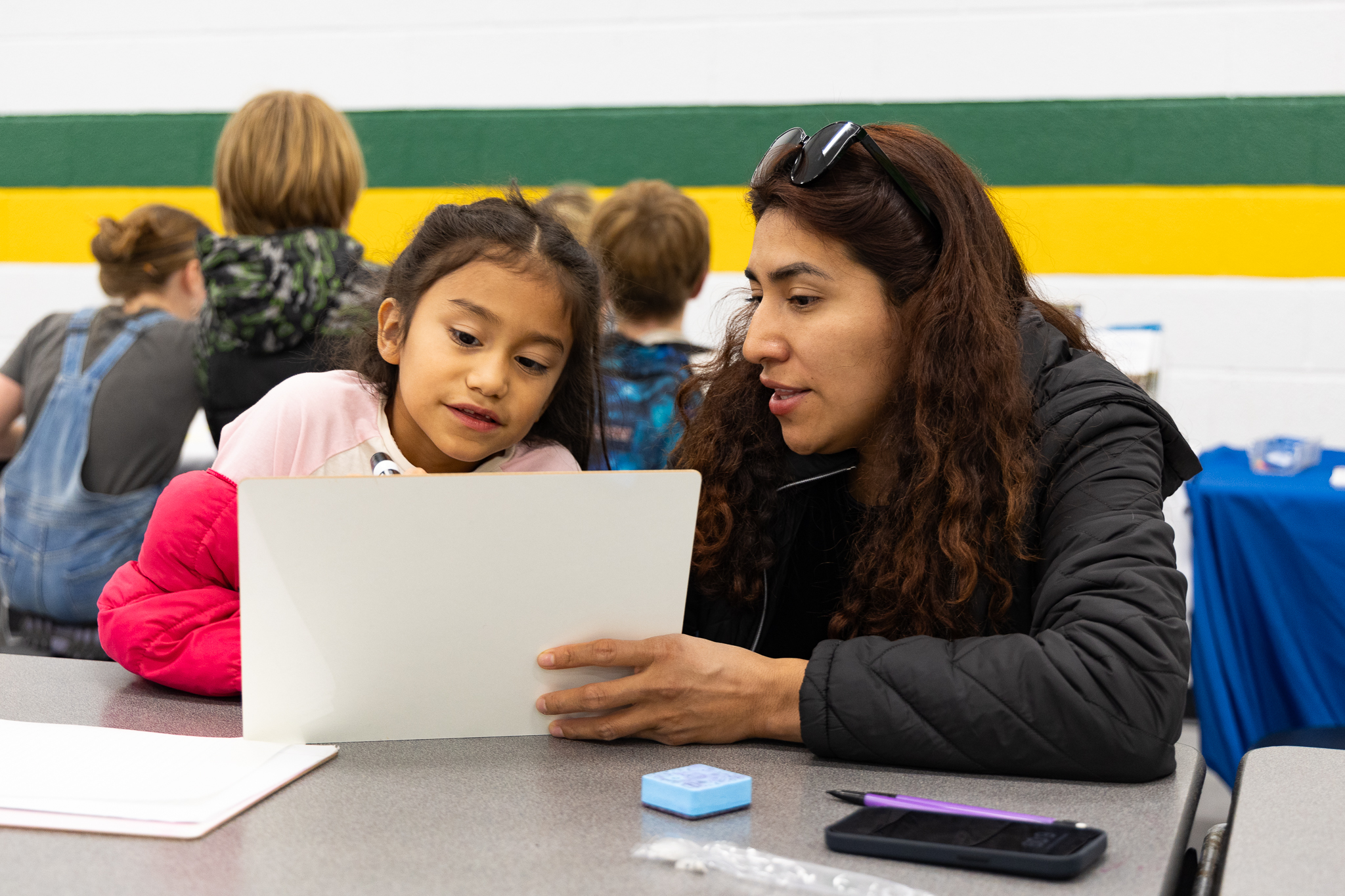
Family Willingness to Support
Across our schools, families are showing up—often in creative or behind-the-scenes ways. While engagement varies, the desire to be part of their child’s school success is consistent.
- Asheville Middle sees parents actively collaborating with teachers and supporting student identity through partnerships and community-led programming.
- Asheville High/SILSA families participate in both school-based and partner-led programming, showing investment in student achievement and wellbeing.
- Enka Intermediate parents regularly attend school functions and trust the staff’s communication and care, although they continue to navigate transportation and accessibility challenges.
- Enka Middle shows that when family events offer food or childcare, participation increases significantly. Parents are engaged and want to connect with educators.
- Erwin Middle experiences consistent family involvement at academic and community events. The strong presence at STEM Night showed families’ dedication to education.
- Hall Fletcher Elementary families build strong relationships with teachers and staff and have a long-standing connection to the school. Many families see it as a trusted source of both academic and social support.
- North Buncombe Middle sees high turnout at events like the School Improvement Team and Parent Advisory Team meetings. Families are eager to engage when they feel included.
- Owen Middle families express a strong desire to support student learning even if academic assistance at home is limited. Parents show interest in other ways to be present and encouraging.
- A.C. Reynolds Middle has high levels of family engagement during family nights and strong trust between teachers and caregivers.
Shared Challenges and Areas for Improvement
While each Community School faces its own unique challenges, several themes emerged that affect our schools systemically. These issues have been compounded by the long-term impacts of Hurricane Helene, which disrupted education, strained family resources, and highlighted pre-existing disparities across our community.
We’d like to note that these challenge areas are not deficiencies of the schools themselves. As you read, you’ll discover that these challenges are common across almost all 9 schools across our county. It points to a larger need, the need for a community-wide culture of care for all of our students. With a strong community of care, we can integrate partners and methods that work for Buncombe County into our schools. However, it starts with understanding where our challenges are and imagining where you can plug in to help. So, as you learn more about what our schools face, we encourage you to ask:
How can I help?
.jpg)
Academic Gaps and Proficiency: Nearly every school continues to face significant gaps in student achievement. While growth indicators are encouraging, post-pandemic and hurricane-related disruptions have made grade-level proficiency a struggle.
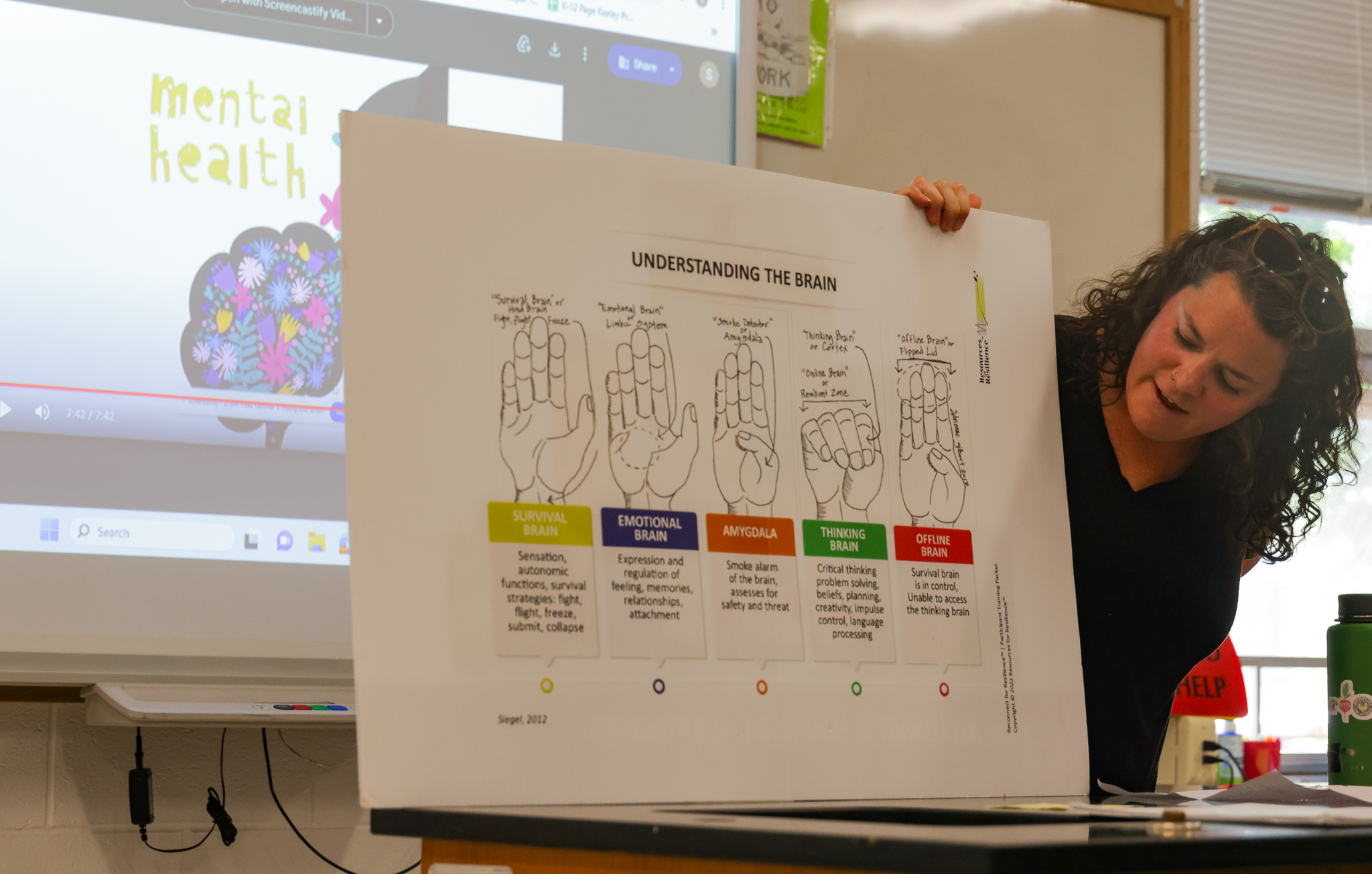
Mental and Behavioral Health Needs: All schools expressed concern about inadequate mental health supports. Counseling services are often stretched thin or unavailable, and behavior management systems are strained by growing student needs.
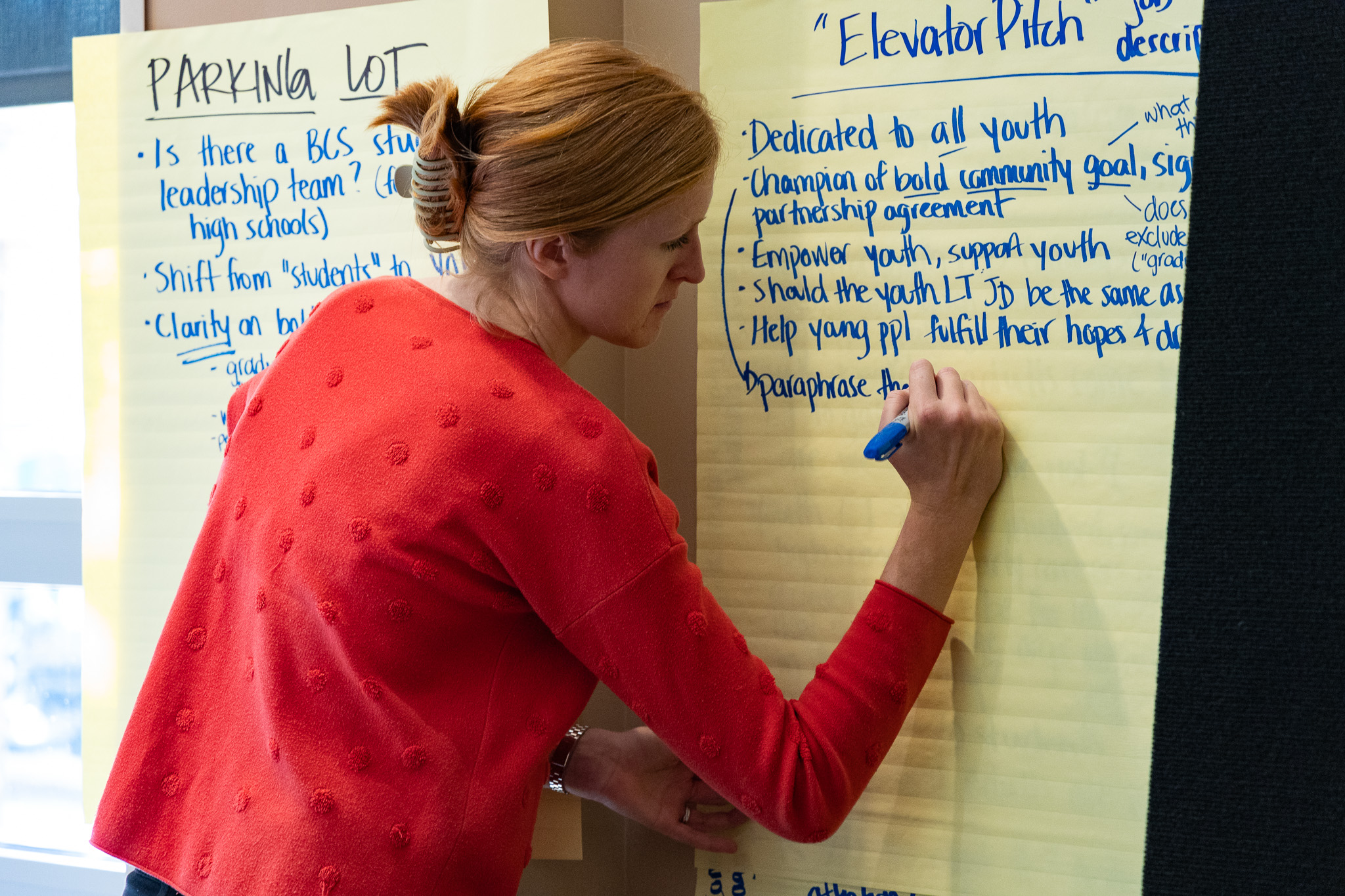
Staff Burnout and Turnover: Teacher and staff burnout is widespread, with turnover in specialized roles like Exceptional Children (EC) teachers and support personnel affecting consistency in services and support.
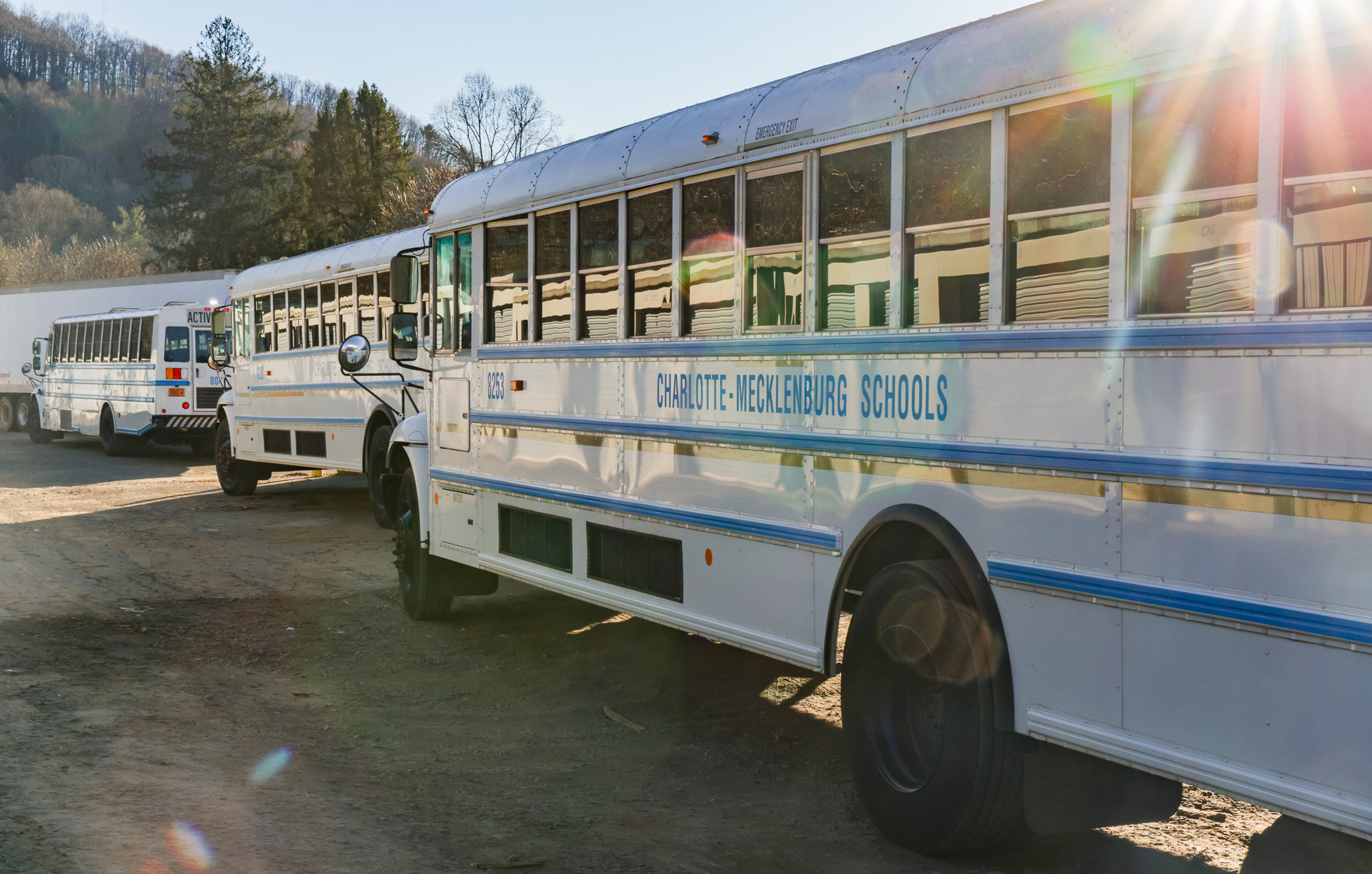
Barriers to Access: Transportation limitations, lack of healthcare access, and unreliable communication infrastructure (like phone and internet) make it hard for families to stay informed, participate in events, and receive wraparound services.
Despite these challenges, our Community Schools continue to serve as resilient and resourceful environments. Through collaboration with partners and increased investment from the community, we can meet these challenges head-on and continue to ensure every student is supported, seen, and set up for success.
Ready to support our schools?
Visit our Community School page to learn more
Volunteer at a Community Night near you!
Donate to our Community Schools and ensure this work continues
